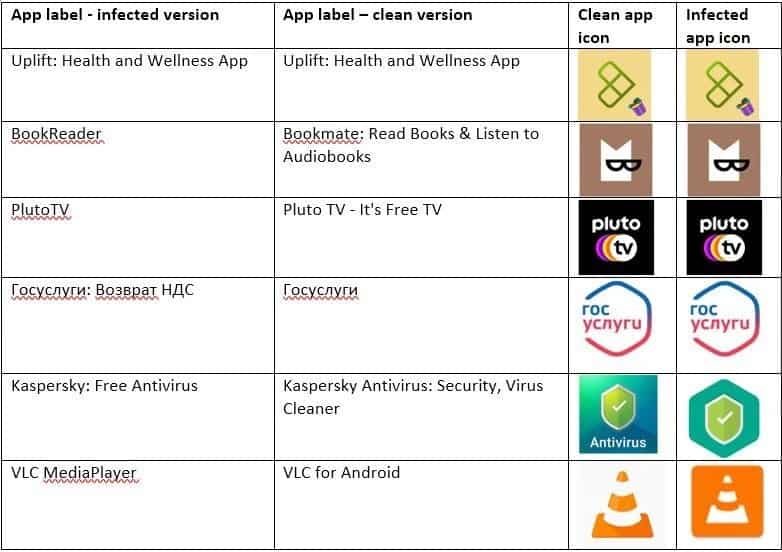CERT-In Issues High-Risk Security Alert On Certain Samsung Mobile Android Versions
SUMMARY
The affected software includes Samsung mobile Android versions 11, 12, 13 and 14
Multiple vulnerabilities have been reported in Samsung products which could allow an attacker to bypass implemented security restrictions, access sensitive information and execute arbitrary code on the targeted system: CERT-In
Samsung is one of the leading smartphone manufacturers in India, along with companies including Xiaomi, OPPO, OnePlus and Apple
The Computer Emergency Response Team (CERT-In), the Centre’s nodal agency dealing with cyber security, has issued a high-risk security alert for four versions of Samsung phones, saying that multiple vulnerabilities have been reported in the products with certain software.
The affected software includes Samsung mobile Android versions 11, 12, 13 and 14.
“Multiple vulnerabilities have been reported in Samsung products which could allow an attacker to bypass implemented security restrictions, access sensitive information and execute arbitrary code on the targeted system,” said CERT-In in its vulnerability note.
These vulnerabilities exist due to issues such as improper access control in Knox features, issues in the facial recognition software, improper authorisation verification vulnerability in AR emoji, improper input validation vulnerability in Smart Clip, and others, said the advisory.
“Successful exploitation of these vulnerabilities may allow an attacker to trigger heap overflow and stack-based buffer overflow, access device SIM PIN, send broadcast with elevated privilege, read sandbox data of AR emoji, bypass Knox guard lock via changing system time, access arbitrary files, gain access to sensitive information, execute arbitrary code and compromise the targeted system,” it added.
These vulnerabilities are likely to affect a range of Samsung devices, including the Galaxy S23 series, Galaxy Flip 5, and Galaxy Fold 5.
Meanwhile, Samsung is one of the leading smartphone manufacturers in India, along with companies including Xiaomi, OPPO, OnePlus and Apple. The company has also been bolstering its position as one of the top smartphone manufacturers in the country.
As per a Canalys report, Samsung maintained its top position with…



